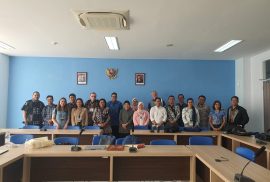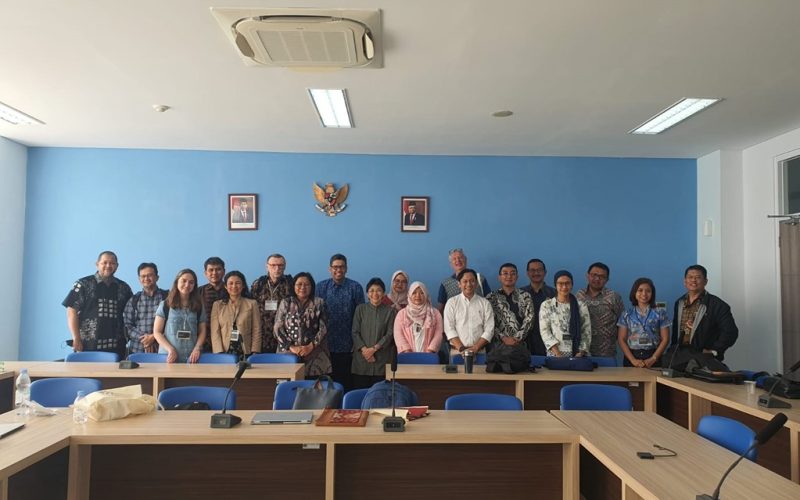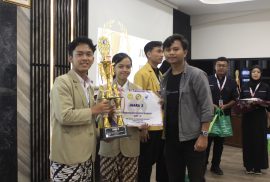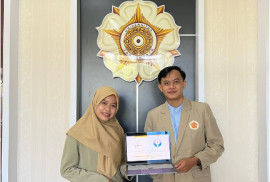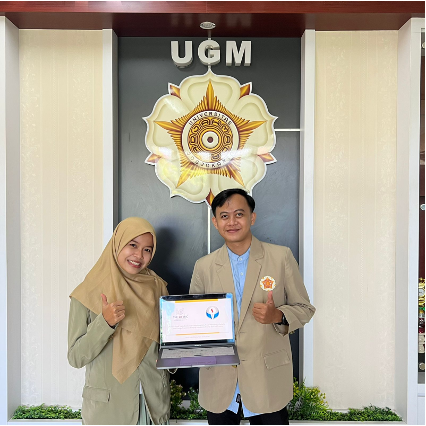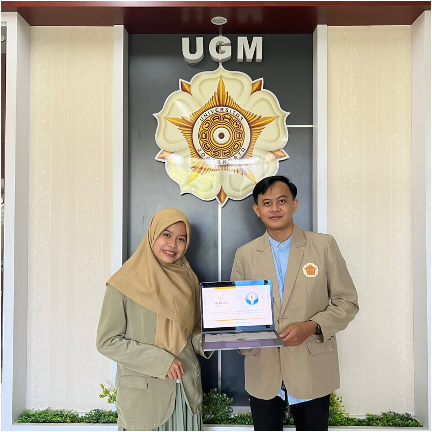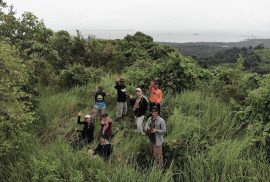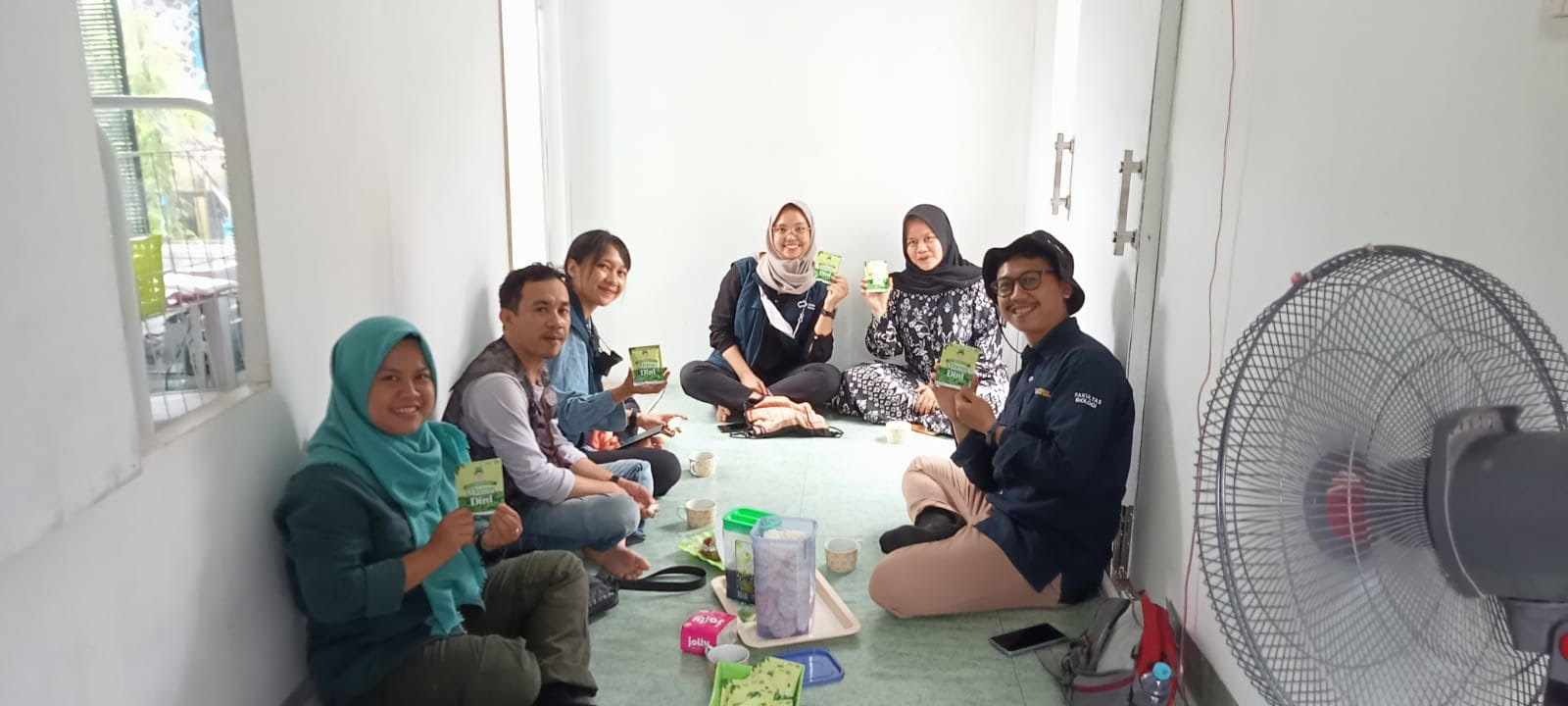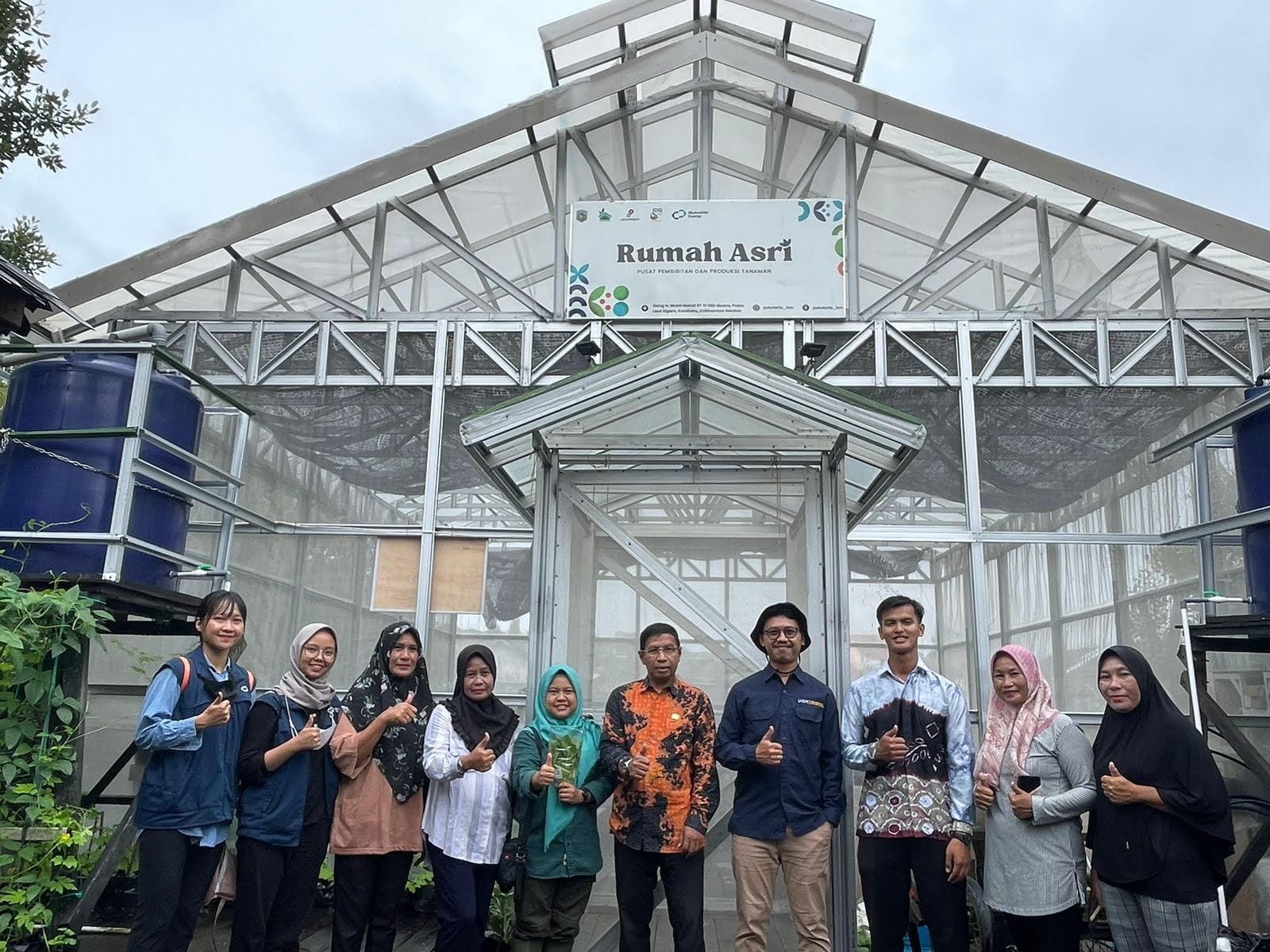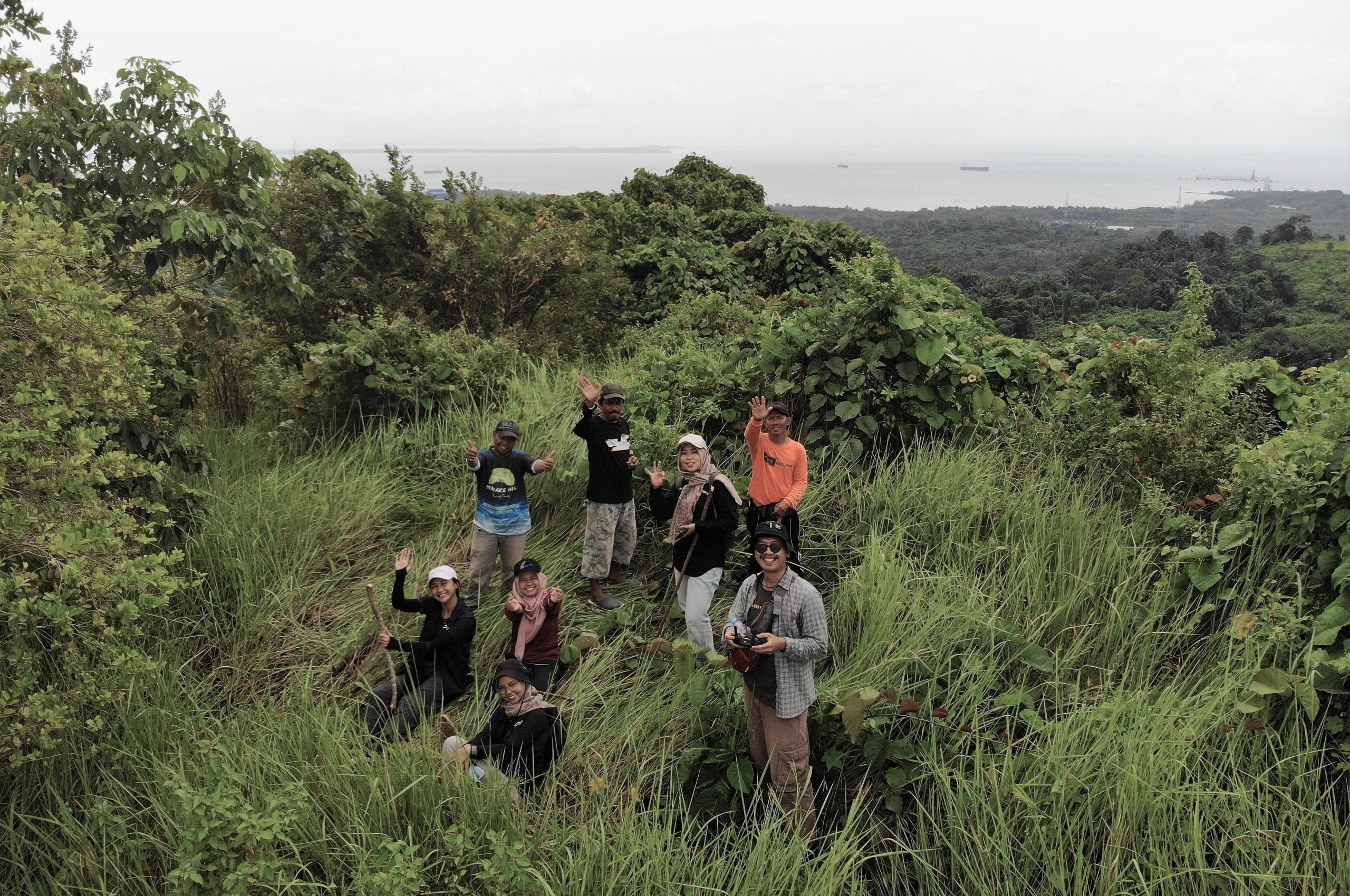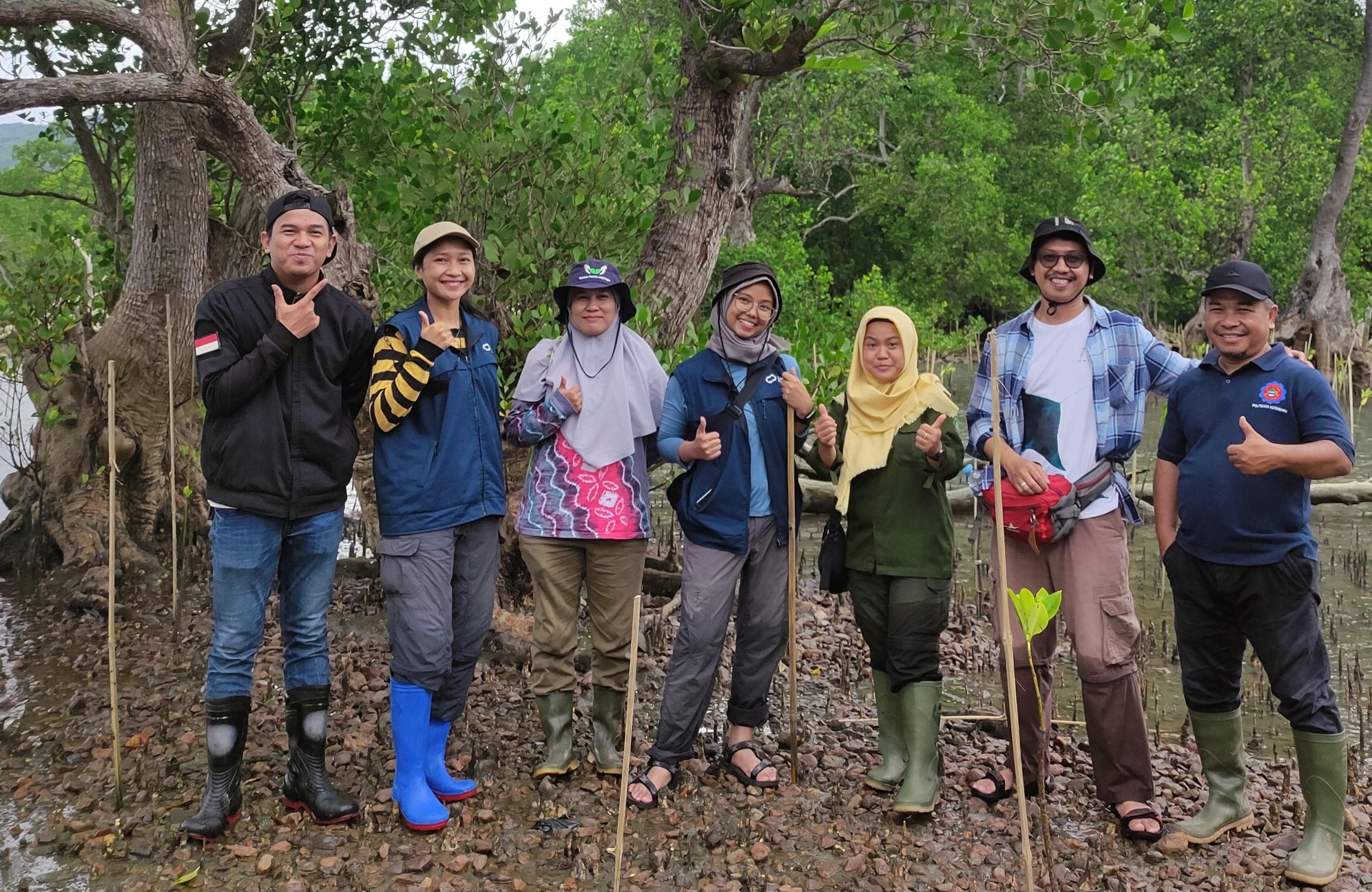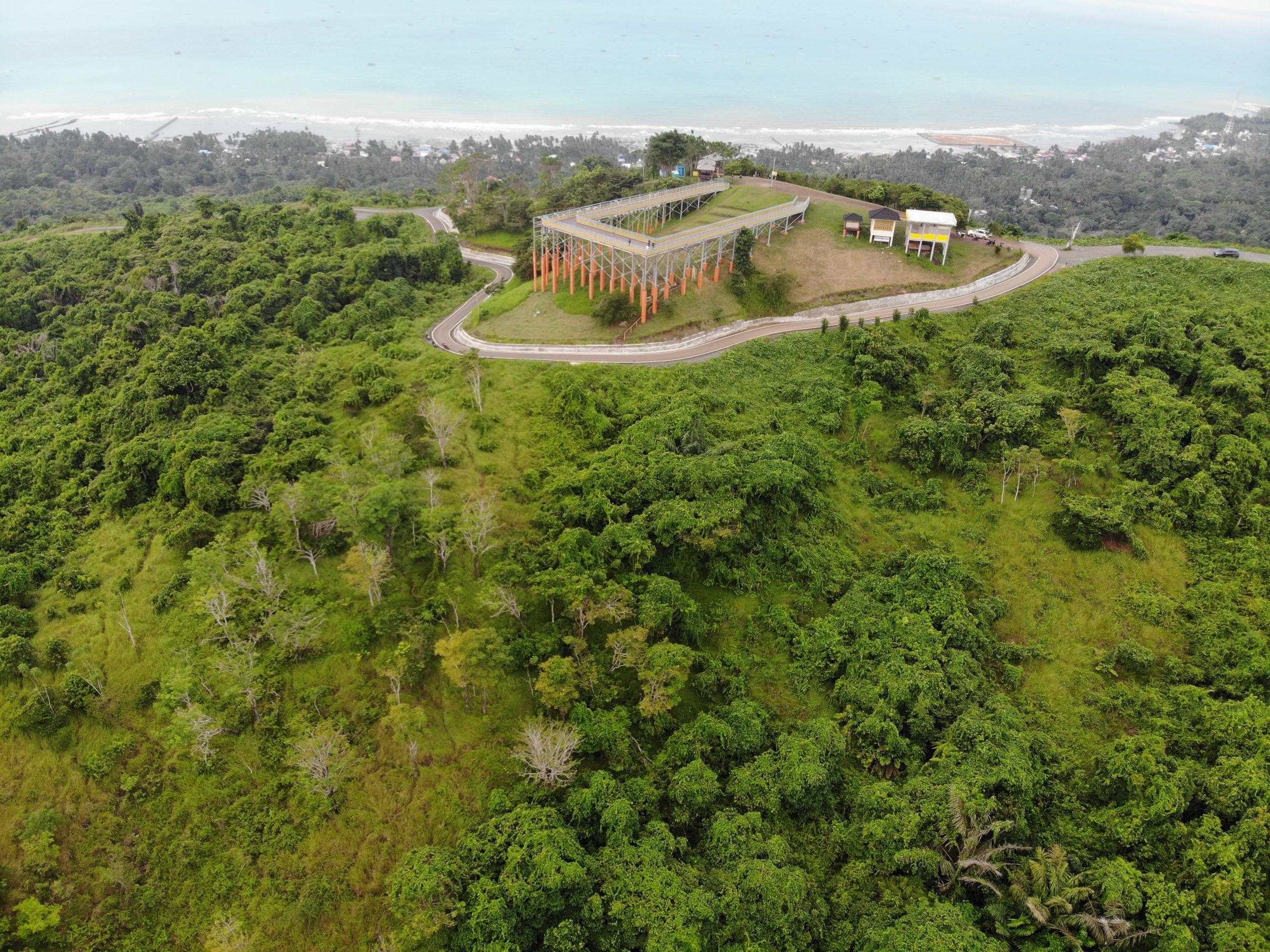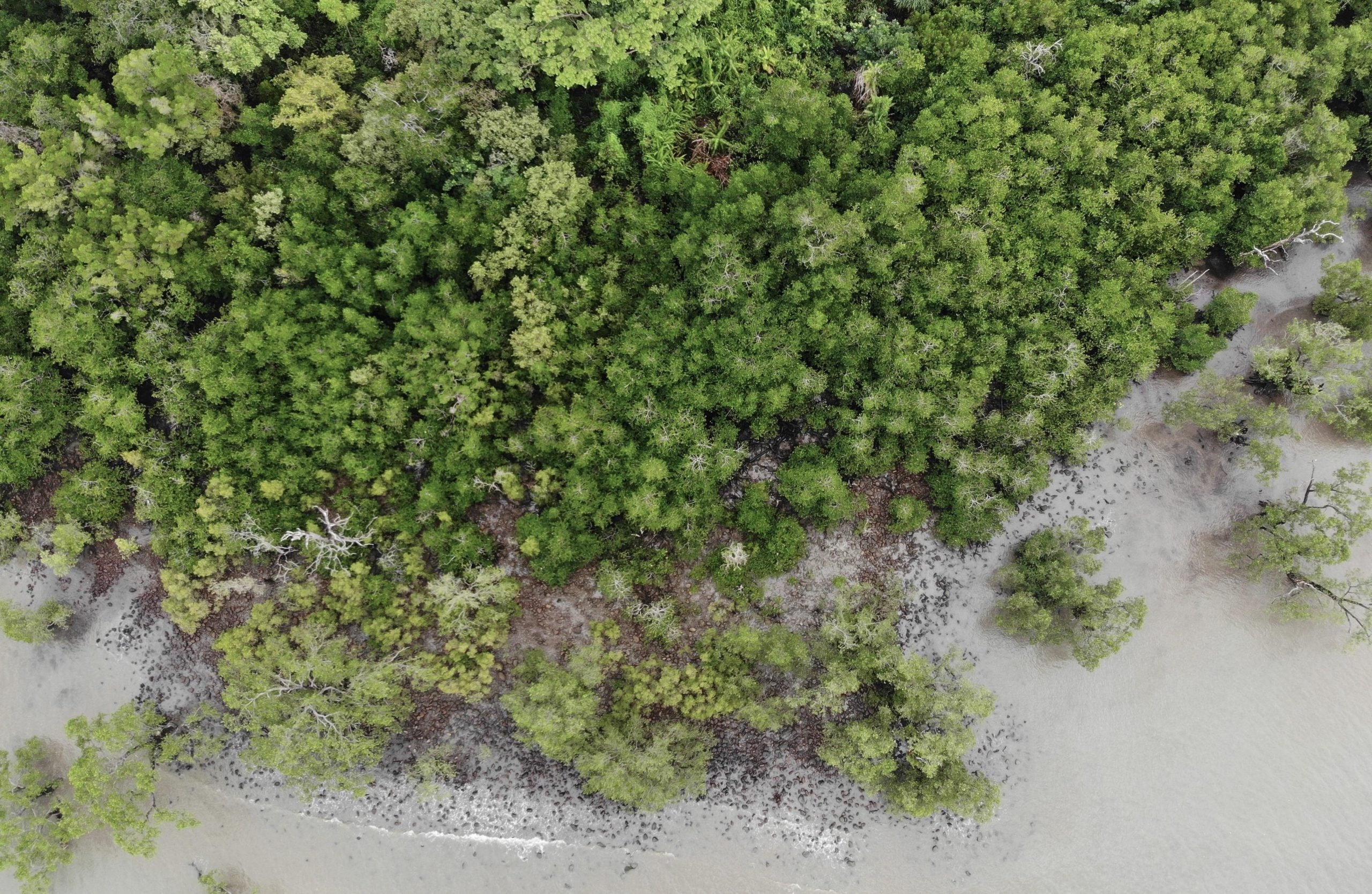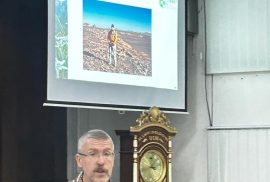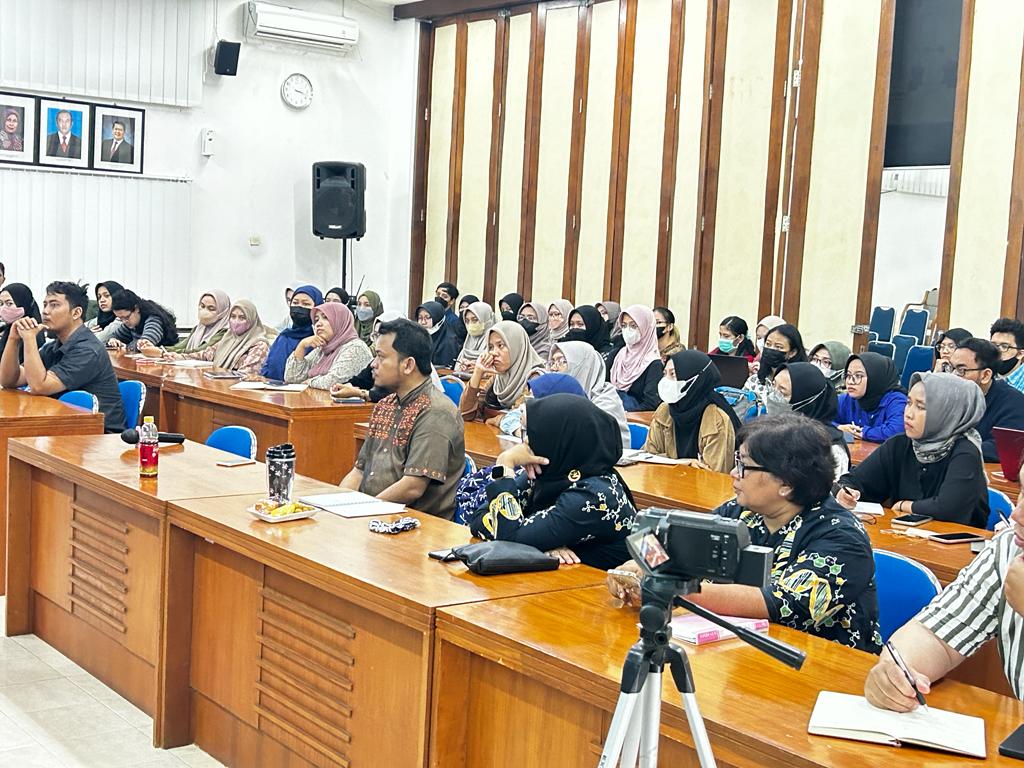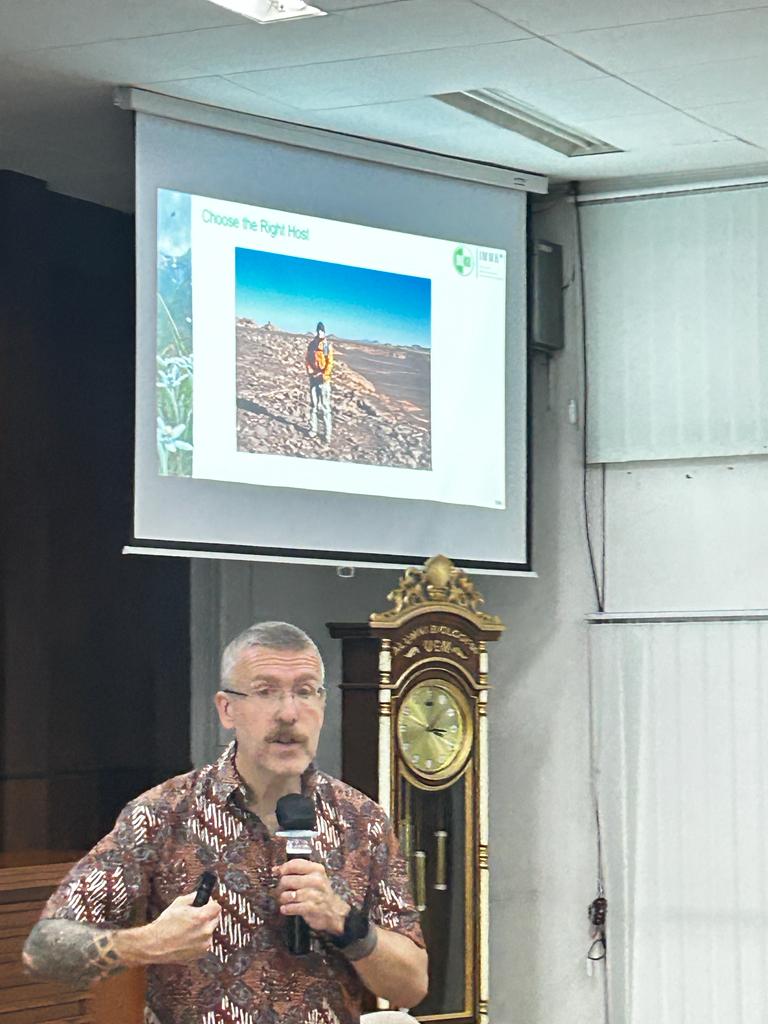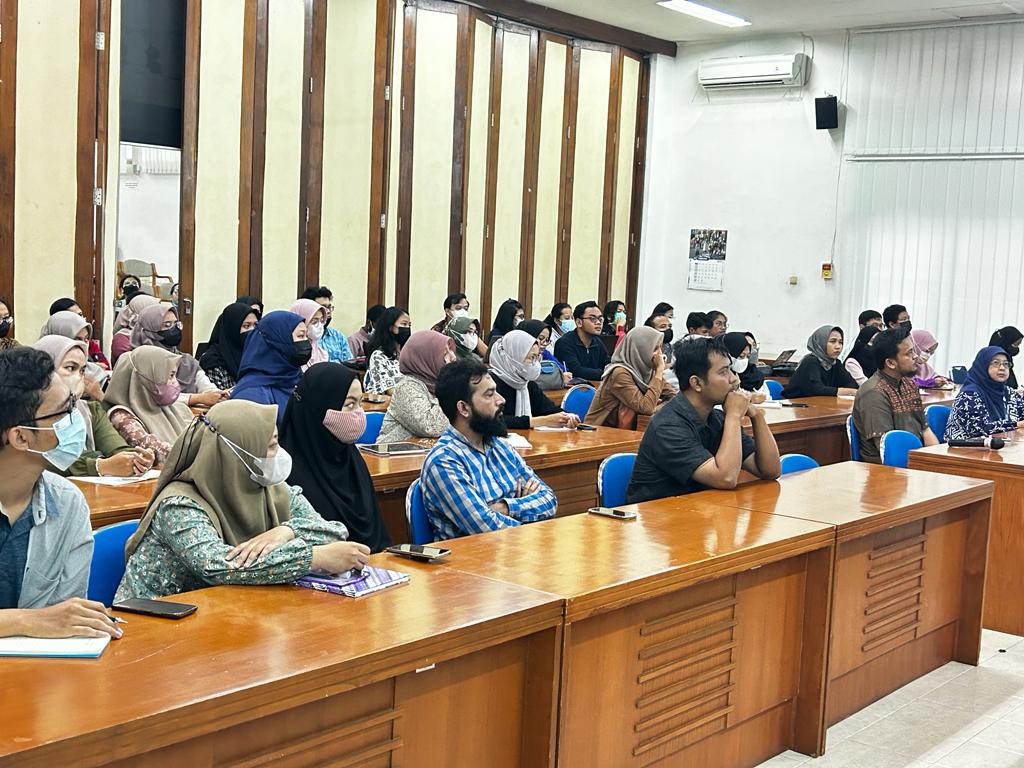SDG 7 : Grow Affordable and Clean Energy
During the Festival of Ideas, The 21st Indonesian Scholars International Convention (ISIC), Indonesia achieved an honor for the success of Jimmy Al Fa’is and Elvian Indah Nilamsari,who secured first place in an international essay competition. They outperformed competitors from all around the world with their ideas on the topic of Sustainable Transition. These two students proposed opportunities for Indonesia to achieve energy independency by harnessing the potential we possess.
ISIC is a scientific forum that was organized annually by the United Kingdom Student Association of Indonesia. In 2023, one of its events was an essay and scientific poster competition open to all Indonesian students across the country. The competition was highly competitive,participated by Indonesian students from 10 different countries. This year, there were 3 essays with 2 nominations contested. (1st and 2nd Place). On this achievement, they were invited to attend an international conference at Nottingham University, UK.
Elvian and Jimmy proposed a comprehensive approach to the sustainable energy transition in Indonesia.They presented strategic steps for Indonesia to achieve energy self-sufficiency through the conversion of food waste. Using bioreactors, they showed how microorganisms can efficiently convert food waste into lipid-rich materials, which can be converted into biodiesel as a clean and renewable energy source. The scientific approach emphasized the importance of waste reduction, promoting environmental responsibility, and harnessing Indonesia’s potential in the renewable energy sector.
The idea originated from the challenges posed by an increasing population and the rising energy demand.consequently,the Indonesian government must meet energy needs, including fuel. However, fossil fuels, which have been the primary global energy source, are depleting rapidly and pose significant environmental threats. Based on these facts, Elvian and Jimmy proposed the innovation of a mini bioreactor that can be operated on both small and large scales. This innovation is expected to increase biodiesel production and lead Indonesia towards energy self-reliance.
On 12-15 July 2022, Lecturer at the Faculty of Biology UGM Akbar Reza, M.Sc and Puji Lestari, S. Hut, M.Sc lecturers at the Department of Biology and Veterinary Technology at the UGM Vocational School carried out research and community service activities in Kotabaru, South Kalimantan, particularly Hilir Muara Village and Gedambaan Village. The activity which is a cross-sectoral collaboration between the Social Development Studies Center (SODEC) UGM, Faculty of Biology UGM, PT. Mubadala Energy, Kotabaru Polytechnic and the local government have been implementing this since 2020. Activities in Hilir Muara Village focus on empowering coastal communities with main assistance to Pokdarlis (Environmental Awareness Group), UMKM (Hilir Muara Cinta Bumi), and Waste Bank. Some of the programs initiated include greenhouses establishment for plants with economic value and native of Kalimantan, optimizing composters, including initiating collaboration with BUMDES and assisting BPOM’s licensing process for UMKM. These programs were initiated out of concern for the sustainability of coastal ecosystems which actually provide high ecosystem services, especially in the face of the climate crisis. Furthermore, the waste problem is also a problem for coastal areas which, apart from reducing aesthetics, also has the potential to cause long-term health problems.
Activities continued in Gedambaan Village which focused on studying coastal biodiversity. On this occasion, Akbar Reza, M.Sc with an expertise on ecology and conservation, and Puji Lestari, S.Hut, M.Sc with an expertise on Forestry were responsible for justifying techniques and locations for planting mangroves, determining permanent plots (PUP), and monitoring methods as an initiation for long-term monitoring. In its implementation, this activity was intensely assisted by Fitra Nofra, S.Si and Gema Starliantri, S.Hut as the Biodiversity Officer of PT. Mubadala Energy, in collaboration with the Kotabaru Polytechnic and the Gedambaan Village Government as the main actors. On the same occasion, planning was also carried out for a program for planting typical Kalimantan plants in collaboration with the Pulau Laut Sebuku in the Environmental Services Block in the Bukit Mamake area. Furthermore, in the long term these programs are expected to have economic value that can support the lives of local communities.
In general, these research activities and empowerment programs simultaneously support national programs such as PROKLIM Village, climate change adaptation, and local community-based blue carbon ecosystem preservation. It is hoped that the programs implemented will actually be able to help coastal communities as vulnerable to climate change. In addition, the programs are expected to be able to bring about change, both from an environmental and economic perspective
Prof. Michael Sauer, Deputy Head of The Institute of Microbiology and Microbial Biotechnology, BOKU University, Vienna, Austria gave a Guest Lecture to students, lecturers and researchers at the Auditorium of the Faculty of Biology, UGM. Topics presented were about bioprocess and biorefinery. The guest lecture was opened by the Vice Dean for Research and Community Service and Alumni, Dr. Eko Agus Suyono who is also the moderator on the agenda. In the guest lecture, it was conveyed that the world is experiencing a sustainability problem. One of the main causes is environmental pollution, especially from plastic waste.
Indonesia, which is a mega-biodiversity country, has natural wealth potential that can be utilized as a source of raw materials for bioplastic production. Organisms such as bacteria and fungi are sources of bioplastic microorganisms that are widely found in Indonesia. However, the research and development in this matter is hardly enough to get attention.
Guest lectures that invite speakers from outside UGM are routine activities held by the Faculty of Biology UGM. With these activities, students will gain insight and material from experts related to the world of biology. Meanwhile, the partner network of the Faculty of Biology UGM will be accelerated and institutional recognition will also increase.

